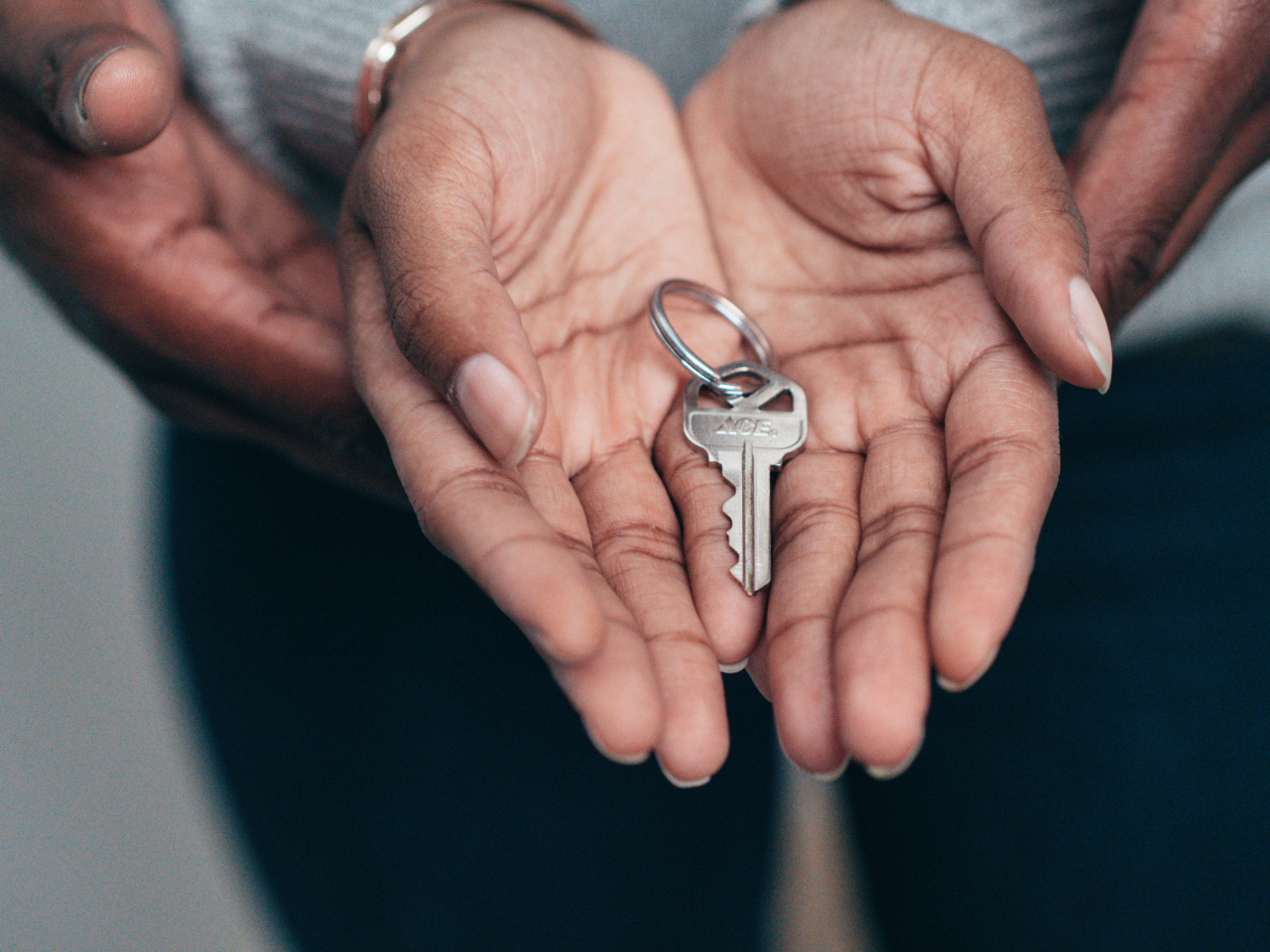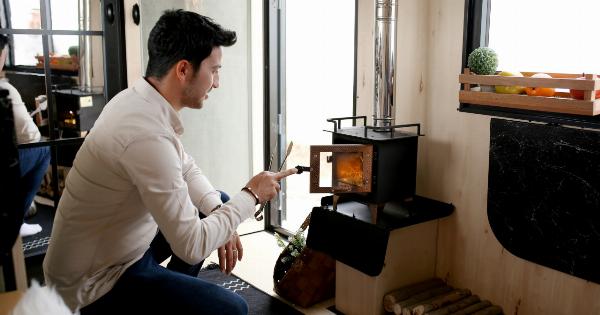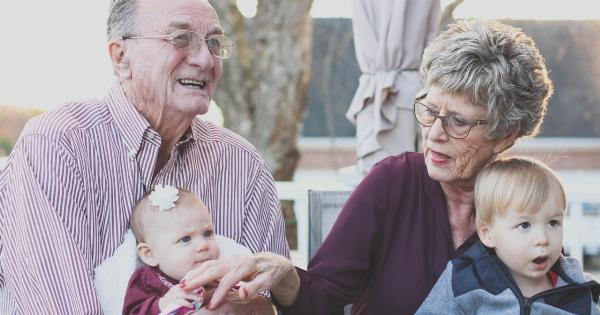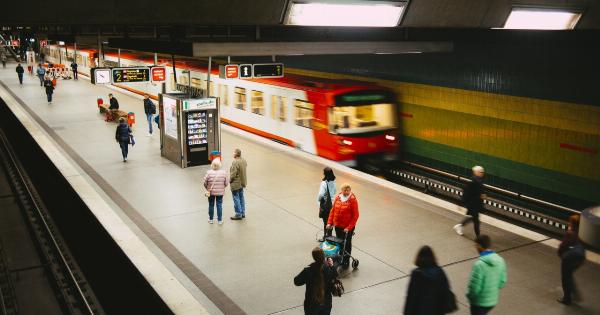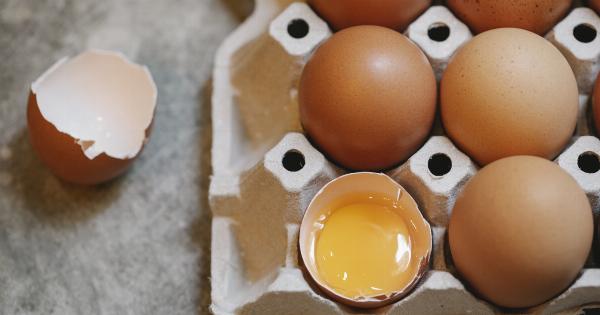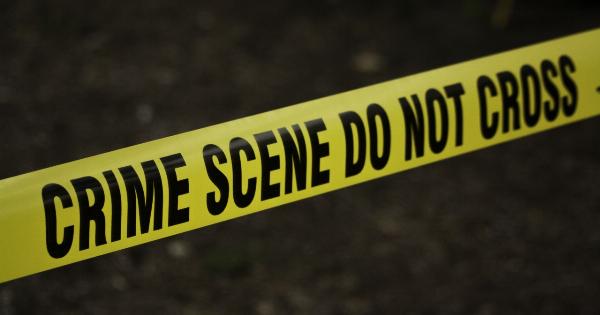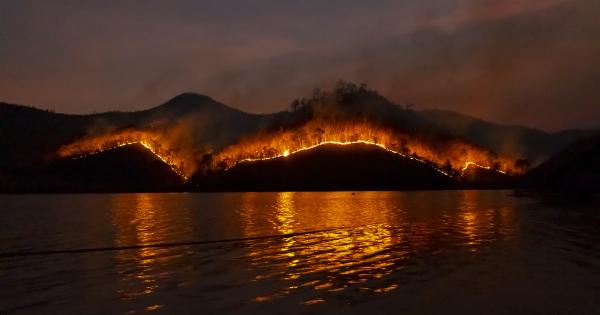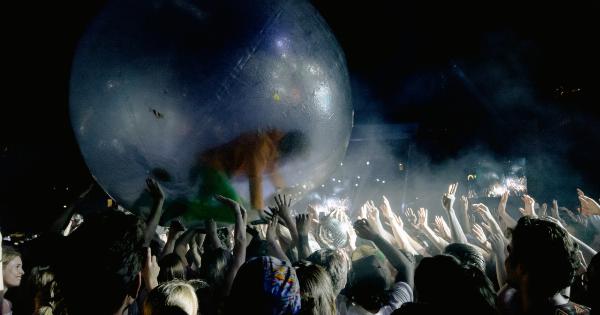As the weather gets colder, it’s important for homeowners to ensure their heating systems are working safely and efficiently.
Heating systems can pose potential hazards that could lead to fires, carbon monoxide poisoning, or other dangers if not properly maintained and monitored. In this article, we’ll provide some heating safety tips and regulations for homeowners to keep their families and homes safe this winter.
Heating Safety Tips
Here are some important safety tips to follow when using heating systems in your home:.
1. Schedule Regular Maintenance
It’s important to have your heating system cleaned and inspected annually by a professional HVAC technician.
They can identify any potential safety hazards and make necessary repairs to ensure your heating system is working efficiently and safely.
2. Keep Combustible Materials Away from Heating Systems
Combustible materials such as fabric, paper, and wood should be kept at least three feet away from heating systems, including space heaters, furnaces, and fireplaces. This reduces the risk of fires and other hazards.
3. Use Carbon Monoxide Detectors
Carbon monoxide (CO) is a colorless, odorless gas that can be deadly at high levels. It’s important to install CO detectors on every level of your home and near sleeping areas. Make sure to check the batteries regularly and replace them as needed.
4. Never Leave Heating Systems Unattended
Space heaters, fireplaces, and other heating systems should never be left unattended. Make sure to turn them off before leaving the room or going to bed.
5. Use Space Heaters Safely
If you’re using a space heater, make sure to place it on a level surface away from foot traffic and combustible materials. Don’t use space heaters in bathrooms or other areas where they may come into contact with water.
Always follow the manufacturer’s instructions for safe use.
6. Don’t Use Ovens or Stovetops for Heating
Never use ovens or stovetops to heat your home. This can produce carbon monoxide and other dangerous gases. It’s important to use heating systems designed for this purpose.
7. Keep Children and Pets Away from Heating Systems
Children and pets should be kept away from heating systems to prevent burns and other injuries. Make sure to teach children about the dangers of heating systems and supervise them when they are near them.
Heating Regulations for Homeowners
There are also heating regulations that homeowners should follow to ensure their heating systems are safe and compliant with local codes:.
1. Permitting and Inspections
Before installing a new heating system or making major repairs to an existing system, homeowners may need to obtain permits and have the work inspected by a licensed professional. This ensures the work is done safely and in compliance with local codes.
2. Proper Ventilation
All heating systems that produce combustion gases, such as furnaces and water heaters, must be properly vented to the outside to prevent the buildup of hazardous gases, such as carbon monoxide.
Ventilation systems should be inspected regularly to ensure they are working properly.
3. Carbon Monoxide Detectors
Many states and municipalities require carbon monoxide detectors to be installed in homes as a safety measure. Homeowners should check with their local authorities to determine the specific regulations in their area.
4. Maintenance Records
Homeowners should keep records of all maintenance and repairs performed on their heating system. This can help identify potential problems and ensure the system is working efficiently and safely.
5. Zoning Requirements
Local codes may also have zoning requirements for heating systems, such as the size and capacity of the system necessary for the home. Homeowners should consult with local authorities to ensure they are in compliance with these regulations.
Conclusion
Heating systems are essential for keeping our homes warm and comfortable during the colder months, but they can also pose potential hazards if not properly maintained and monitored.
By following these heating safety tips and regulations, homeowners can ensure their families and homes stay safe this winter.
